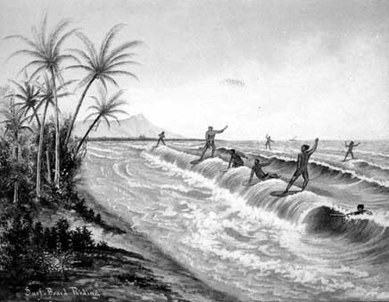 Artist depiction of Surfing in Ancient Hawaii.
Artist depiction of Surfing in Ancient Hawaii. In 1778 we have the first recorded written history of the sport being observed by Captain James Cook’s third expedition to the Pacific on his ships, HMS Discovery and Resolution. History tells us that they stopped at the end of the island chain on their way from Tahiti to the Northwest coast of North America. Captain James Cook and his crew were in search of a passage from the North Pacific to the Atlantic but to their dismay were unable to find an actual route. Upon their return to the North Pacific they stopped of at Kealakekua Bay on the big island of Hawaii.
After Cook’s death in 1779 an active Lieutenant at the time, James King, was made First Lieutenant of the Discovery and was given the task of completing the narrative portion of Cook’s journal. It is in this journal that we find the earliest written account of surfing where Lt. King devoted two full pages to describing the art of surf riding, as it was being practiced by the locals at Kealekekua Bay on the Kona coast of the big island:
"The surf, which breaks on the coast round the bay, extends to the distance of about one hundred fifty yards from the shore, within which space, the surges of the sea, accumulating from the shallowness of the water, are dashed against the beach with prodigious violence. Whenever, from stormy weather, or any extraordinary swell at sea, the impetuosity of the surf is increased to its utmost heights, they choose that time for this amusement: twenty or thirty of the natives, taking each a long narrow board, rounded at the ends, set out together from the shore. The first wave they meet, they plunge under, and suffering it to roll over them, rise again beyond it, and make the best of their way, by swimming, out into the sea. The second wave is encountered in the same manner with the first; the great difficulty consisting in seizing the proper moment of diving under it, which, if missed, the person is caught by the surf, and driven back again with great violence; and all his dexterity is then required to prevent himself from being dashed against the rocks. As soon as they have gained, by these repeated efforts, the smooth water beyond the surf, they lay themselves at length on their board, and prepare for their return. As the surf consists of a number of waves, of which every third is remarked to be always much larger than the others, and to flow higher on the shore, the rest breaking in the intermediate space, their first object is to place themselves on the summit of the largest surge, by which they are driven along with amazing rapidity toward the shore. If by mistake they should place themselves on one of the smaller waves, which breaks before they reach the land, or should not be able to keep their plank in a proper direction on the top of the swell, they are left exposed to the fury of the next, and, to avoid it, are obliged again to dive, and regain the place from which they set out. Those who succeed in their object of reaching the shore, have still the greatest danger to encounter. The coast being guarded by a chain of rocks, with, here and there, a small opening between them, they are obliged to steer their board through one of these, or, in case of failure, to quit it, before they reach the rocks, and, plunging under the wave, make the best of their way back again. This is reckoned very disgraceful, and is also attended with the loss of the board, which I have often seen, with great terror, dashed to pieces, at the very moment the islander quitted it. The boldness and address, with which we saw them perform these difficult and dangerous manoeuvres, was altogether astonishing, and is scarcely to be credited." |
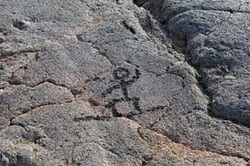 Hawaiian petroglyph on lava rock.
Hawaiian petroglyph on lava rock. The following is an excerpt from Captain Cook's journal entries:
"On walking one day about Matavai Point, where our tents were erected, I saw a man paddling in a small canoe so quickly and looking about him with such eagerness of each side. He then sat motionless and was carried along at the same swift rate as the wave, till it landed him upon the beach. Then he started out, emptied his canoe, and went in search of another swell. I could not help concluding that this man felt the most supreme pleasure while he was driven on so fast and so smoothly by the sea." |
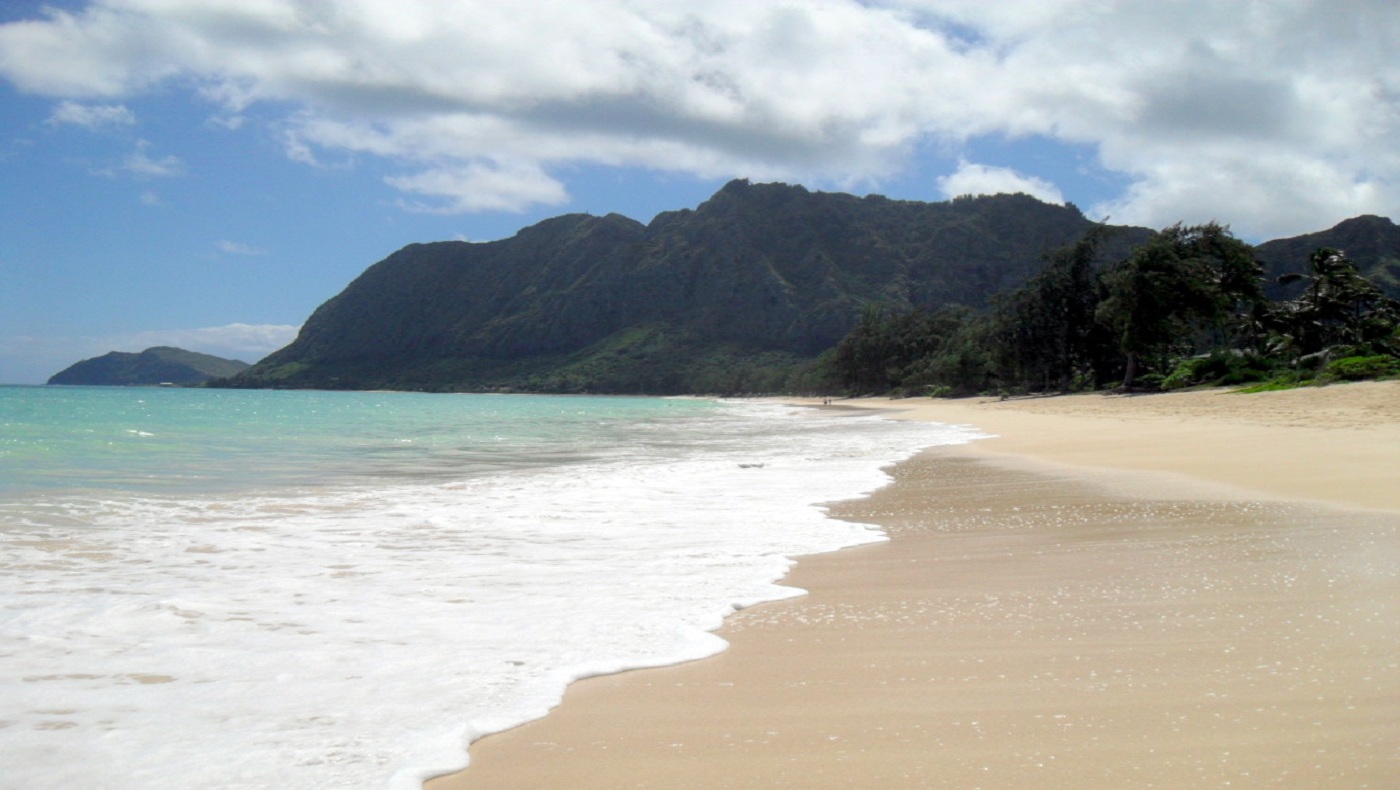




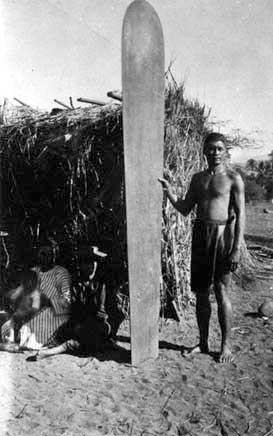
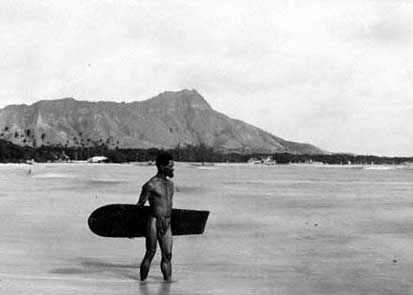
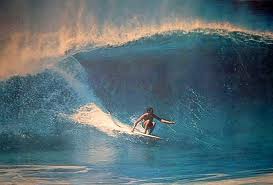
 RSS Feed
RSS Feed